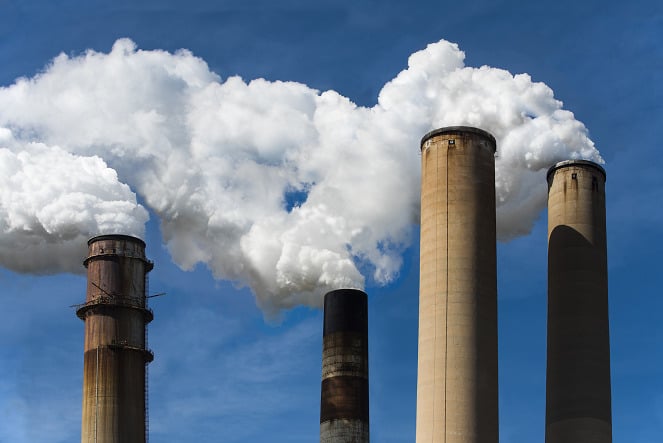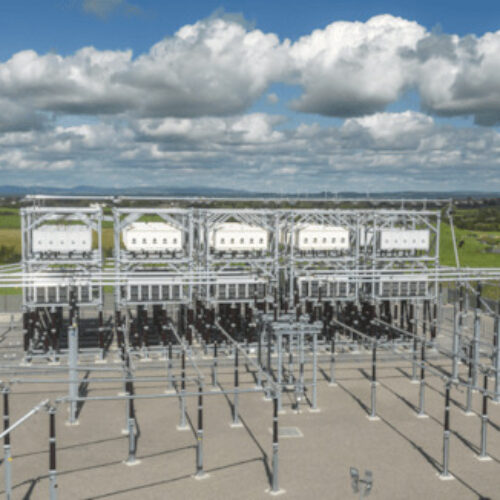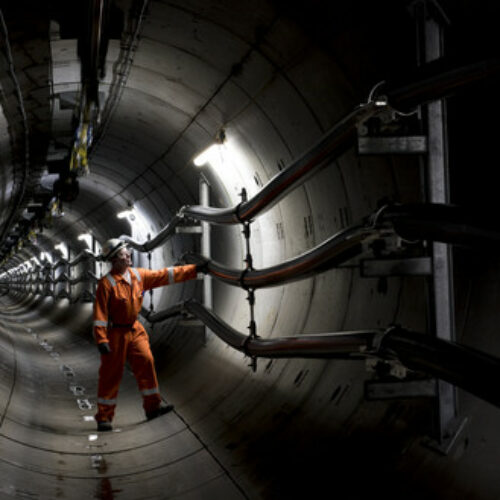Coal generation in the UK has fallen by 35% in the last month due to COVID-19.
This is according to new analysis from technology group Wärtsilä, which found that between 10 March and 10 April 2020, coal power dropped 35% and gas 24% compared with the same period in 2019. Renewables held a 43% share of the UK’s generation, up 10% compared to 2019.
This trend was reflected across Europe, which saw a 29% drop in coal generation, meaning coal made up just 12% of EU generation. Conversely, renewables came in at 46% of generation, jumping 8% in comparison to 2019.
Across the entirety of Q1 2020, coal generation in the UK and Europe dropped 25.5%, with renewables reaching a 43% share of generation.
The UK has already been making strides in reducing its coal generation, achieving a landmark fortnight with no coal generation last May.
Additionally, last month SSE closed its Fiddler’s Ferry coal-fired power plant and RWE closed its Aberthaw B, taking the UK’s fleet down to four.
Wärtsilä also pointed to reductions in demand, a trend already seen in the UK with demand falling to 31.2GW on 25 March, almost 3GW less than the average for March 2019.
On 12 April, demand fell to a record low of 24.18GW as sunny weather combined with the effects of the COVID-19 lockdown and the Easter bank holiday weekend.
According to Wärtsilä, electricity demand across Europe is now down 10% due to measures taken to tackle COVID-19. This lower demand has led to the “unprecedented” fall in carbon emissions from the power sector, with emission intensity reducing by 19.5% between 10 March and 10 April.
In National Grid ESO’s Summer Outlook – released yesterday – the ESO predicted that demand could fall by up to 20% due to COVID-19.
Wärtsilä’s analysis comes from its Energy Transition Lab, a data platform developed of helping the industry, policy makers and public understand the impact of COVID-19 on European electricity markets, the company said.
It provides data on electricity generation, demand and pricing for all 27 EU countries and the UK. The platform also allows users to model how systems could operate in the future with higher renewables, Wärtsilä said.
“The impact of the COVID-19 crisis on European energy systems is extraordinary,” vice president for Europe and Africa at Wärtsilä Energy Business, Björn Ullbro said.
“Electricity demand across Europe has fallen due to the lockdown measures applied by governments to stop the spread of the coronavirus.
“However, total renewable generation has remained at pre-crisis levels with low electricity prices, combined with renewables-friendly policy measures, squeezing out fossil fuel power generation, especially coal. This sets the scene for the next decade of the energy transition,” Ullbro added.





